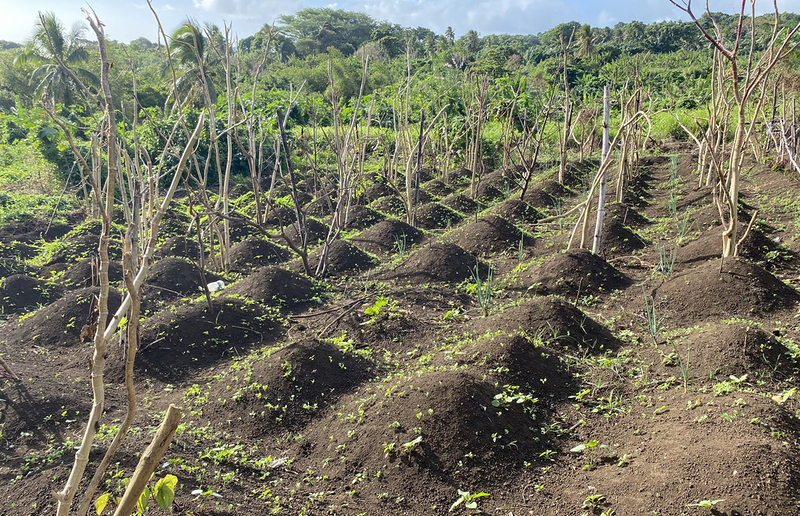Decolonizing Education - Vanuatu

Keywords: Curriculum, decolonization, local cultures, vernacular languages, Vanuatu
In many different indigenous societies around the world, elaborating culturally appropriate and locally grounded curriculum has been central to decolonizing public school education.
Indigenous societies have increasingly come to recognize the value of their traditional knowledge and practices and are relying on these knowledges to reshape formal education.
About a decade ago, the Vanuatu Ministry of Education began a comprehensive reform of the inherited colonial educational system in order to develop a new (national) curriculum which accounts for the diversity of local cultures and vernacular languages.
In this paper, I discuss current educational changes in the Republic of Vanuatu (South Pacific) in regards to the implementation of this educational policy in primary schools, focusing, on subsequent challenges and opportunities for schools, educators and pupils. I first point to the motivations that led the Ministry of Education to encourage the use of vernacular languages in teaching Ni-Vanuatu pupils literacy. Secondly, I discuss potential obstacles of this new educational policy during its implementation phase.
Pierre METSAN, originally from Malekula island in Vanuatu, is a former secondary school principal. He currently works as the Principal Education Officer for the Higher Education Department at the Ministry of Education and Training (MOET) in Vanuatu. His research in the frame of a PhD at the University of New Caledonia (UNC) focuses on education and ethnomathematics.